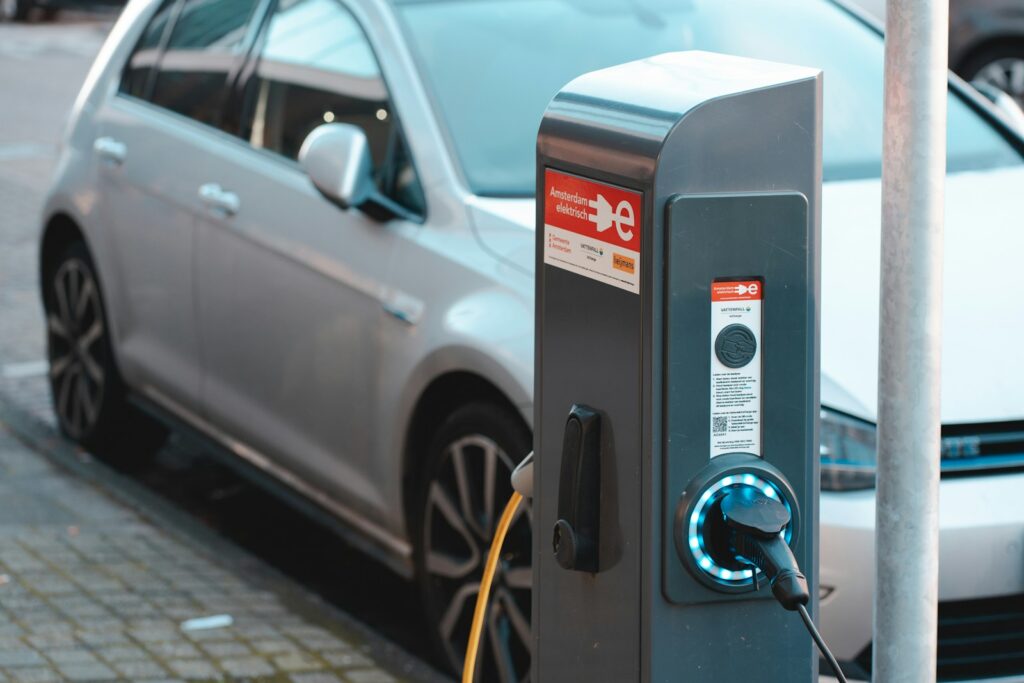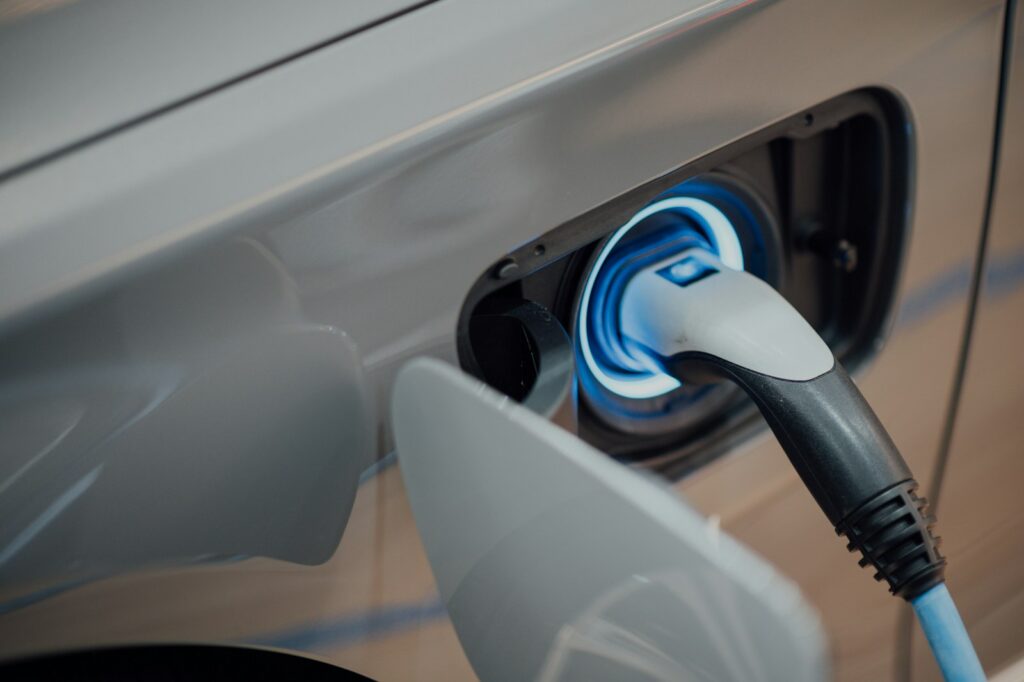In recent years, the push towards eco-friendly initiatives has intensified, highlighting the increasing urgency to address climate change. Among these initiatives, the rise of electric vehicles (EVs) represents a significant shift in how we consider transportation’s environmental impact. While some individuals have rapidly adopted this change, integrating sustainable practices into their lifestyle, others find themselves constrained by economic factors. This situation highlights a deeper social issue where economic disparities influence one’s ability to participate in environmental sustainability, often leading to feelings of guilt or inadequacy among those who cannot afford to make such changes.

Thea, a conscientious resident of a quaint neighborhood, has long relied on her modest gasoline car for daily commuting. She had not fully considered the environmental consequences until her neighbor flaunted his new electric vehicle. The neighbor’s commitment to sustainability extends beyond his car choice; his home is a fortress of green technology including solar panels and a heat pump, heavily insulating him from the traditional energy grid’s fluctuations and costs.
The neighbor’s shift towards a sustainable lifestyle makes Thea uneasy, not because she does not value the environment but because of the financial implications that prevent her from following suit. Their recent conversations have increasingly revolved around the global environmental crisis, with her neighbor lamenting the continued use of gasoline vehicles as part of the problem.
Thea’s discomfort grows each time she drives her gasoline-powered car. Her neighbor doesn’t need to voice his thoughts; his glances towards her old car are piercing enough. This interaction triggers a cascade of self-doubt in Thea, questioning her contributions towards a greener planet.
Despite caring well for her vehicle and being environmentally cautious in other aspects of her life, Thea finds herself stuck in a predicament where her financial limitations hinder her from acquiring an electric car. This situation spotlights an emerging form of social pressure where individuals unable to adopt “green technology” often face scrutiny or are unfairly judged.

The contrasting realities of Thea and her neighbor underline a prevalent issue: sustainable practices, while necessary, are not equally accessible to everyone, creating a divide that can foster guilt and embarrassment among the less affluent. This divide also raises questions about the fairness and feasibility of expecting widespread adoption of expensive technologies regardless of individual financial situations.
In a world increasingly focused on environmental sustainability, Thea’s experience brings to light the need for a balanced approach that considers individual circumstances. Public perceptions are gradually shifting to understand that not everyone can afford to implement significant eco-friendly changes immediately.
As our society progresses towards greater sustainability, it is crucial to foster empathy and provide support for diverse economic backgrounds to participate in this transformation. This consideration will not only enhance community spirit but also promote a more inclusive approach to environmental responsibility. Hence, Thea’s dilemma serves as a sobering reminder of the importance of balance between ecological concern and economic capability.

